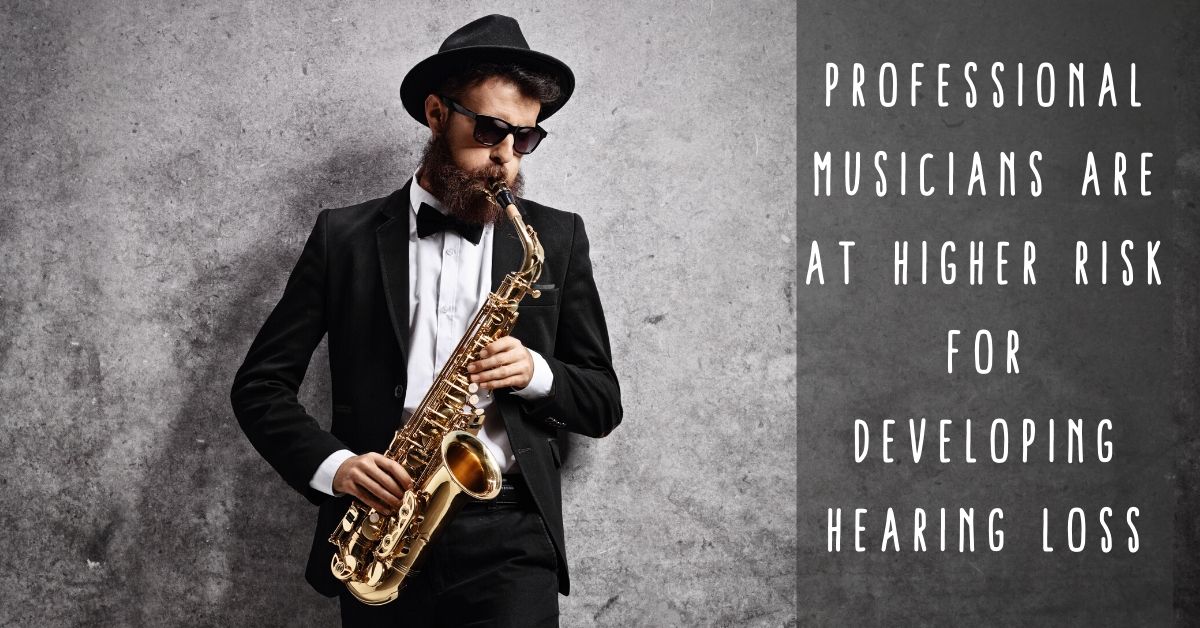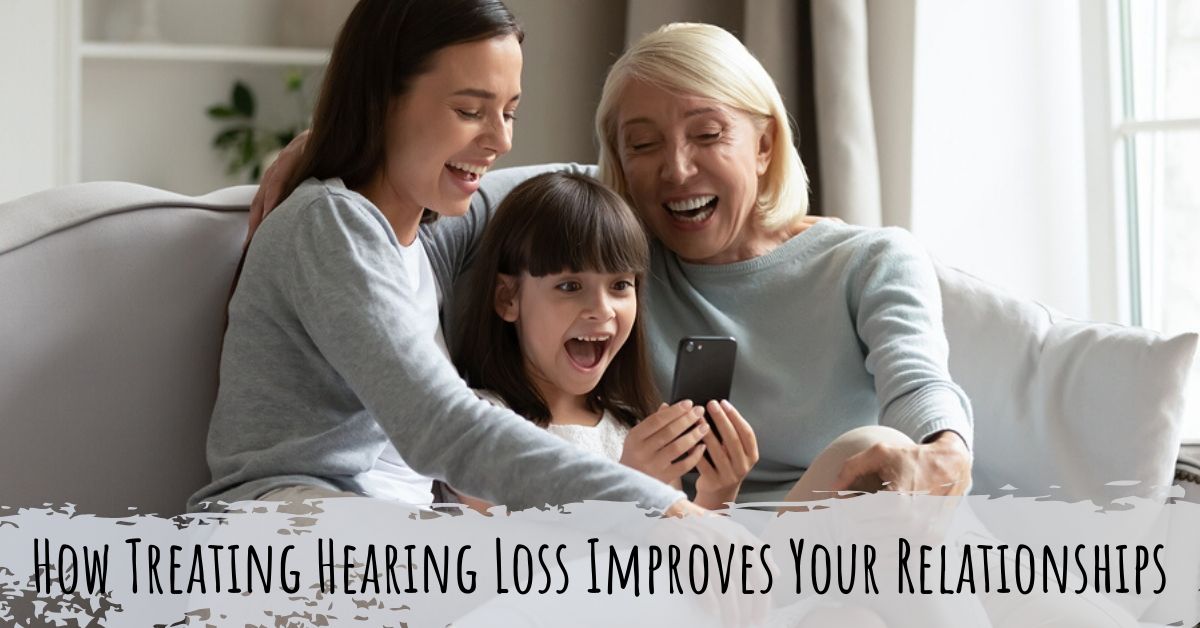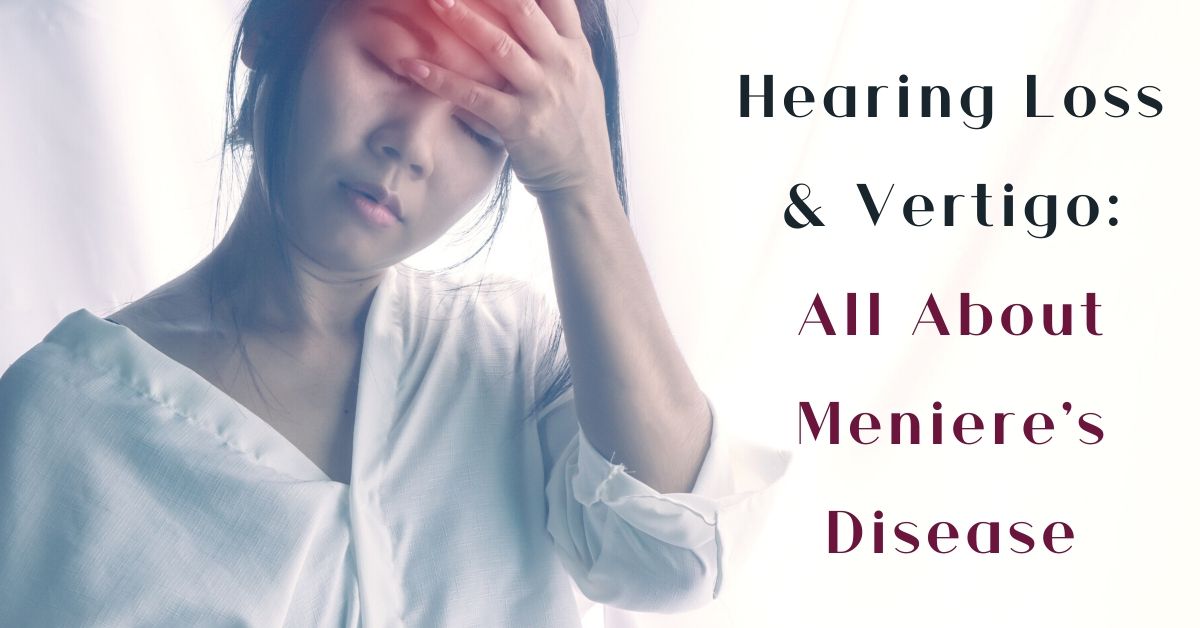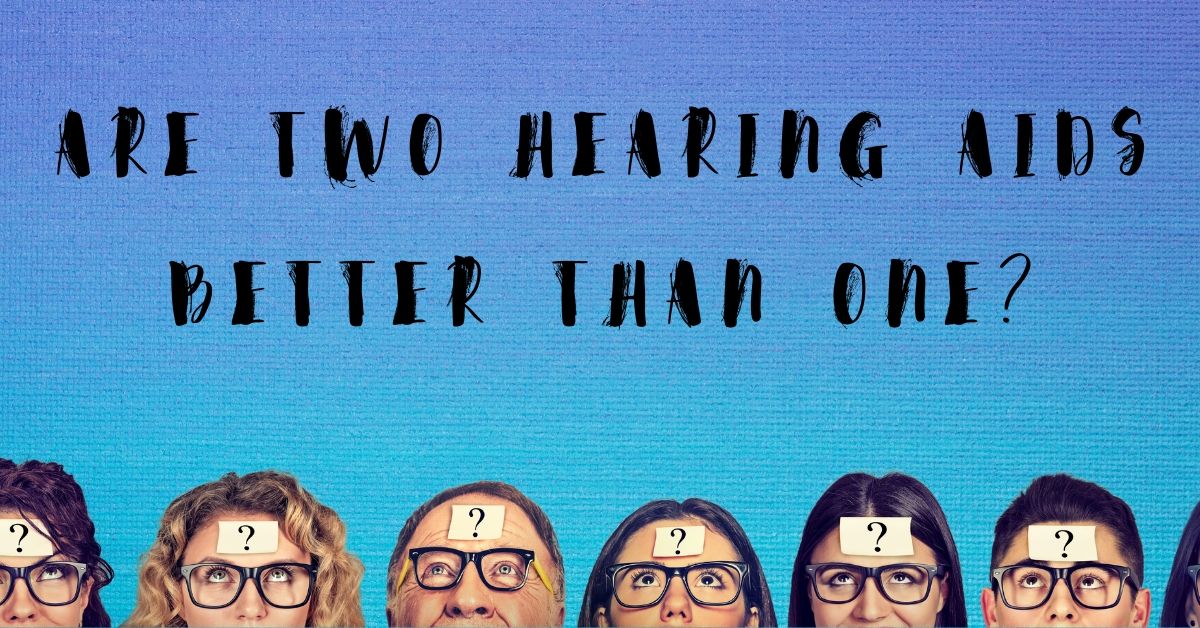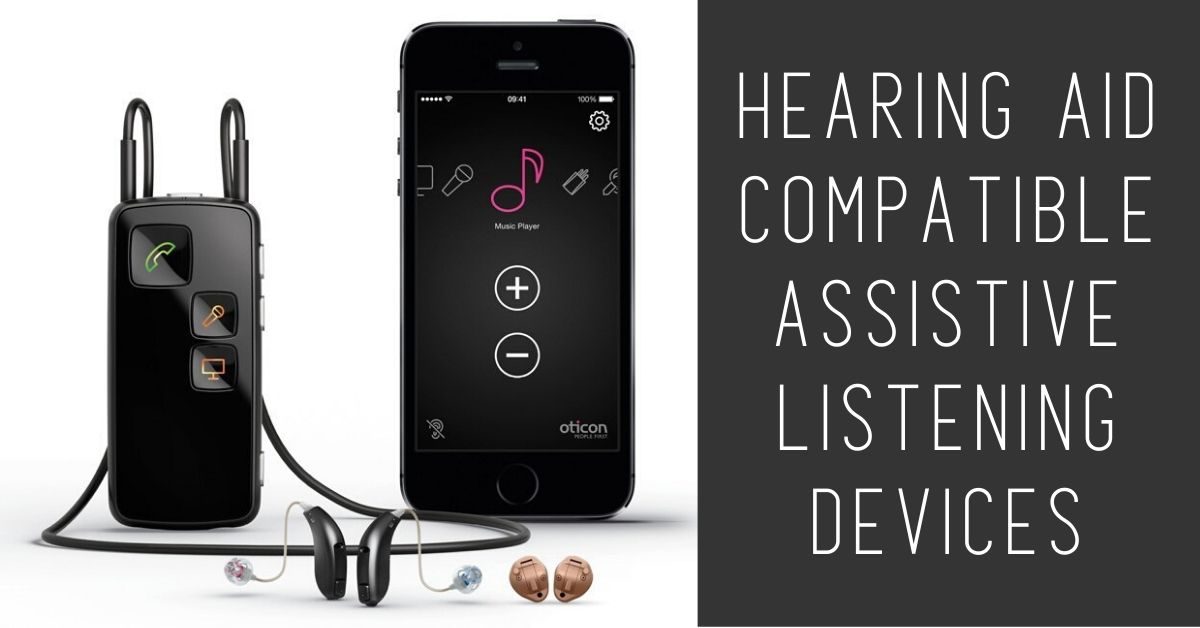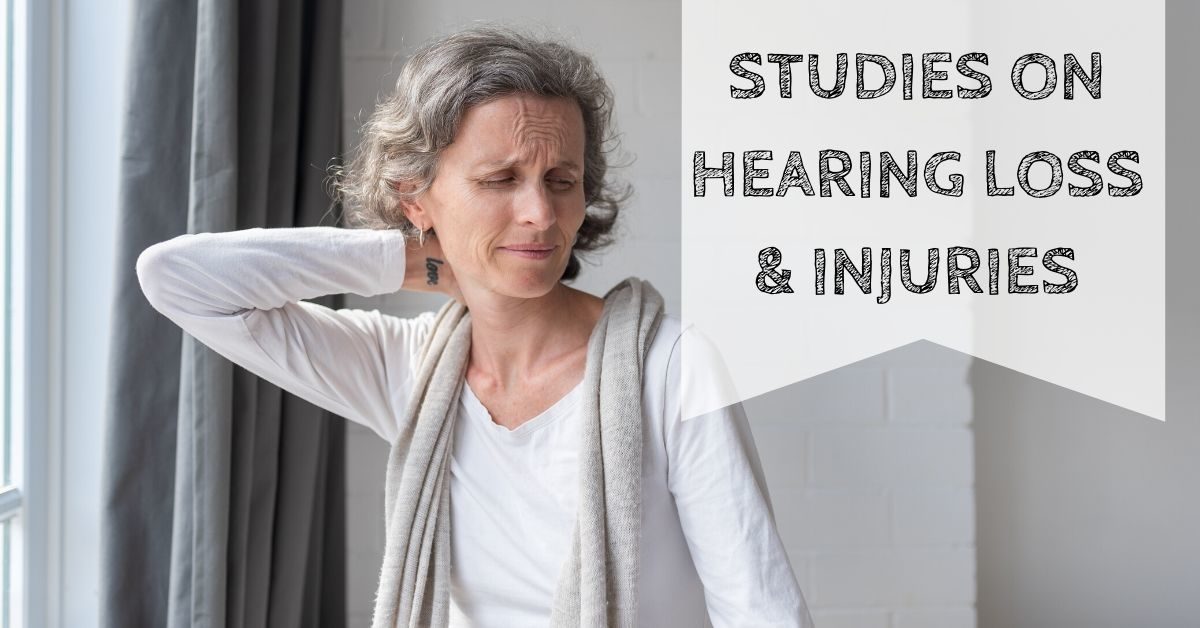In the American population, about 15% of people aged 20 to 69 have lost some high frequency range hearing. While our modern world has been noisy for quite some time, the increase in use of personal listening devices as well as loud concert attendance has exacerbated the problem. For professional musicians, every day involves listening to sounds that may be …
How Treating Hearing Loss Improves Your Relationships
Our relationships with other human beings are the most important things in our lives. Talking with friends and family is how we shape our experiences in our memories, as well as inspire one another to get out into the world and have new experiences. It is our best way to share what we know with the next generation, as well …
The Benefits of Being Social for Older Americans
Social activity has a multitude of rewards for those who take part, so why do we find it so difficult to socialize, particularly as we get older? Some people would prefer to stay home rather than attend a party, dinner, or gathering. Some older people face mobility issues that make it difficult to leave the house, and others fear that …
A Healthy Diet Can Lower the Risk of Hearing Loss
What was the last meal you truly enjoyed, one that left you feeling satisfied and full of energy, like you’d be eager to take a walk or engage in another activity? More often than not, this kind of meal is one comprised of elements found in to diets: DASH (Dietary Approaches to Stop Hypertension) and the Mediterranean Diet. These two …
New Year’s Resolution: Get Your Hearing Tested
Happy New Year! At the start of 2020, many of us look ahead with optimism and hope to the ways that life can improve in the coming months, and the fundamentals of life improvement have to do with our health. Whether you are thinking of healthy living in terms of diet and exercise or quitting addictions to harmful substances, chemicals, …
Hearing Loss & Vertigo: All About Meniere’s Disease
Meniere’s disease is a disorder of the inner ear, which causes episodes of vertigo, ringing or roaring in the ears (tinnitus), a feeling of fullness or pressure in the ear, and fluctuating hearing loss. In 1861 the French physician Prosper Ménière theorized that attacks of vertigo, ringing in the ear (tinnitus) and hearing loss came from the inner ear rather …
Hearing Aids and Artificial Intelligence
Have you or a loved one been diagnosed with hearing loss? If so, you know that news like that doesn’t come easy. It hits about as hard as a brick to the face. You may wonder how it came about and what steps you could’ve taken to prevent it from happening. You may also be in denial and not wanting …
Are Two Hearing Aids Better Than One?
In many cases, the term reorganization isn’t associated with the brain. However, new research shows that brain reorganization is what happens when people start losing their hearing. Yet, this discovery and information are flaking new light on the correlation between dementia and hearing loss. Besides, it’d have lasting inferences for hearing loss screening and involvement. The research was conducted by …
Hearing Aid Compatible Assistive Listening Devices
Understanding Hearing Loss There are 3 different types of hearing loss, which include conductive hearing loss, sensorineural hearing loss, and mixed hearing loss. Conductive hearing loss occurs when sounds can’t travel through the outer and middle ear, which can usually be treated with medicine or surgery. Sensorineural hearing loss involves the inner ear or hearing nerves, and mixed includes both …
Studies on Hearing Loss & Injuries
Hearing loss, also referred to as hearing impairment, is condition induced by poor or limited hearing ability. This condition makes it difficult to understand sounds, especially with lower frequencies. Several factors contribute to the development of hearing loss. Aging is the most common cause. Loss of hearing is a natural circumstance that often occurs as people age. Our hearing ability …

